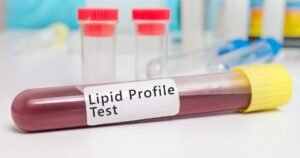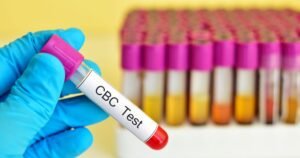A pathology laboratory plays an important role in modern healthcare, serving as the backbone for diagnosing, monitoring, and understanding diseases. By analyzing samples of blood, tissues, urine, and other body fluids, pathology labs provide critical information that helps doctors make accurate medical decisions. Here’s an overview of the key roles and responsibilities of pathology laboratories:
1. Diagnosis of Diseases
Pathology labs are important for detecting different conditions, from illnesses to chronic diseases and cancers. Pathologists identify abnormalities that indicate disease through techniques such as blood tests, biopsies, and molecular studies, enabling early and precise diagnosis.
2. Monitoring Treatment Progress
Once a patient is diagnosed, the pathology lab helps monitor their response to treatment. For instance, regular blood tests can reveal how well a medication is working or if adjustments are needed. This ensures that treatment plans remain effective and tailored to the patient’s needs.
3. Preventive Healthcare
Pathology labs contribute significantly to preventive healthcare by offering routine screening tests. Tests like cholesterol levels, blood sugar, and cancer markers help detect potential health issues before symptoms arise, allowing for early intervention.
4. Guiding Treatment Plans
Advanced pathology tests provide detailed insights into the nature of a disease. For example, genetic testing in cancer can help determine the most effective targeted therapies, ensuring personalized care for patients.
5. Supporting Public Health
Pathology labs also play a vital role in tracking and controlling outbreaks of infectious diseases. They analyze samples to identify pathogens, monitor their spread, and provide data that informs public health policies and strategies.
6. Research and Innovation
Pathology laboratories contribute to medical research, exploring new diagnostic tools, treatments, and disease mechanisms. This research paves the way for breakthroughs in medicine and enhances the overall quality of healthcare.
7. Quality Assurance in Medicine
By providing accurate and reliable test results, pathology labs ensure the quality and safety of medical care. Their work helps avoid misdiagnosis and unnecessary treatments, leading to better outcomes for patients.
Conclusion
Pathology labs are the cornerstone of evidence-based medicine. Their work not only supports individual patient care but also advances public health and medical research. Through accurate diagnostics and ongoing monitoring, pathology labs empower healthcare providers to deliver effective, timely, and personalized treatments, improving the quality of life for millions of people worldwide.








Add comment